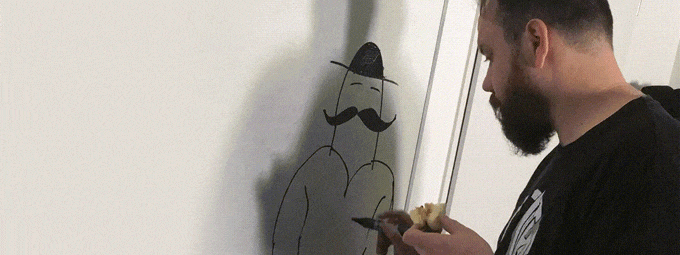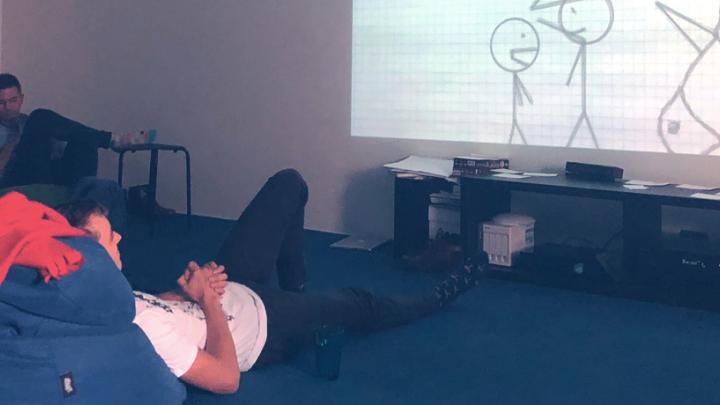
I would say that even in primary school, I knew I would be an account manager when I grew up. I could tell you that when I talk to my grandparents, I don't have to explain over and over again what I do for a living, and I've never had to tell anyone that I have nothing to do with accounting. I'm not surprised because I don't know what they call what I do.
Colleagues tell me that the life of a developer is not easy in this respect because even though someone is a Drupal developer, for the uninitiated, he is still the INFORMATICIAN who sets up the wifi router at grandma's, who "takes a look" at the broken laptops of his friends, or who helps the neighbor to replace the empty cartridge in the printer.
At first, glance, when he walks into the office, it's clear that he's not the one who has to call the client to schedule the following demo, do the proof of completion, or put together a proposal to win an exciting new project opportunity. A drupal developer codes. They have their issues in JIRA; in a good case, they can see what they'll be working on every demo day for the next two weeks.
When I started at Integral Vision, I thought my role would be primarily client-facing, "I represent the client in the company." By the way, that's what I used to say to the grandmothers; I'm a client liaison, I answer letters (I get about 1500-1800 of them a month). However, over time, this role has expanded in countless directions, and I'm involved in pretty much everything other than bookkeeping and coding.
Perhaps because I've never worked in a large company or multinational, it's natural for me to be proactive when I see something that needs to be done. I've found myself in many situations where I've looked around and wondered who could do the job and realized... well, it's me.
I don't know if you've thought about this, but there are a lot of these tasks. We have a new colleague coming in. Would someone go in with Key for the interview. Sure. There will be this GDPR thing; somebody should look into that. Sure. Someone should screen and facilitate the standups. Sure. Key and I once started a lovely big spreadsheet to gather all the tasks and responsibilities that come up.
From that big spreadsheet, it became clear to me that there are a lot of roles in a company that someone has to take on, even if there is no one person who has only that responsibility. While it can sometimes be burdensome and chaotic who takes on a role and why, it gives us a sense of freedom and flexibility to expand, shape, and change our job roles. It just so happens that Ancsa, the developer wrote some of our most visited blog posts last year. And Gábor went from developer to PO, then to account. For me, it follows from these that what I can still keep the tsunami of tasks under control is the awareness not to "fall" into empty spaces, take on jobs I don't want, but be able to cope better with the silence. If I don't speak first, someone else will. However, I should consciously commit to what I commit to, take responsibility for, meet deadlines, take constructive criticism, and report when something is not ok.
It's not always ok to speak up when something is not ok anymore.
Of course, there is no getting around the power issues on this topic because there are not only exciting but also unpleasant tasks that need to be done. So if, for example, it's harder to avoid making coffee as a woman, it's not by chance. :)
While writing this blog post, I was curious about how it works elsewhere in your country? So now it's your turn, accounts, PO's, PMs, scrum masters, developers, designers, and others. How do you manage the distribution of tasks? Do you have any functions that surprised you? What do you accept, and what do you reject?
Share with your friends!
